We all want to age healthily but what foods will help us do that?
Eating our five-a-day is key, but did you know drinking beetroot juice could be particularly beneficial, too?
Findings from a new study, published in the journal Free Radical Biology and Medicine, suggests that beetroot juice helps lowers blood pressure in older people by suppressing potentially harmful bacteria in the mouth.
Researchers from The University of Exeter compared the responses of 39 younger adults (under the age of 30) and 36 older adults (in their 60s and 70s) to beetroot juice, which is rich in dietary nitrates.
In older people, there was a decline in common bacteria that can sometimes cause infections, and an increase in bacteria that can benefit health.
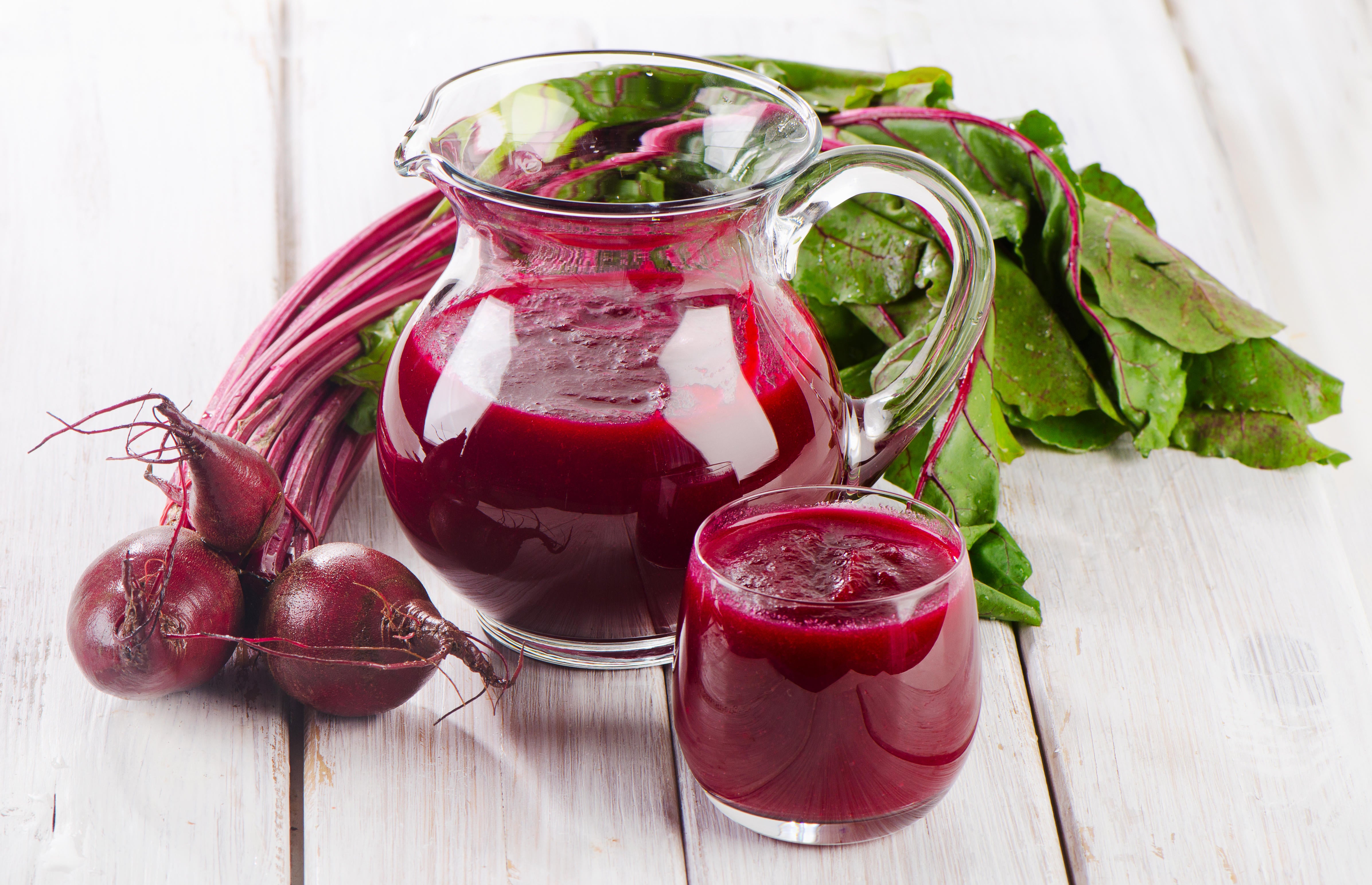
Researchers also found the older group had decreased blood pressure after drinking the nitrate-rich juice for two weeks.
Professor Andy Jones, of the University of Exeter, said: “This study shows that nitrate-rich foods alter the oral microbiome in a way that could result in less inflammation, as well as a lowering of blood pressure in older people.”
In light of these new findings, we consulted some dieticians to find out what other superfoods in the supermarket could boost seniors’ health…
Yogurt
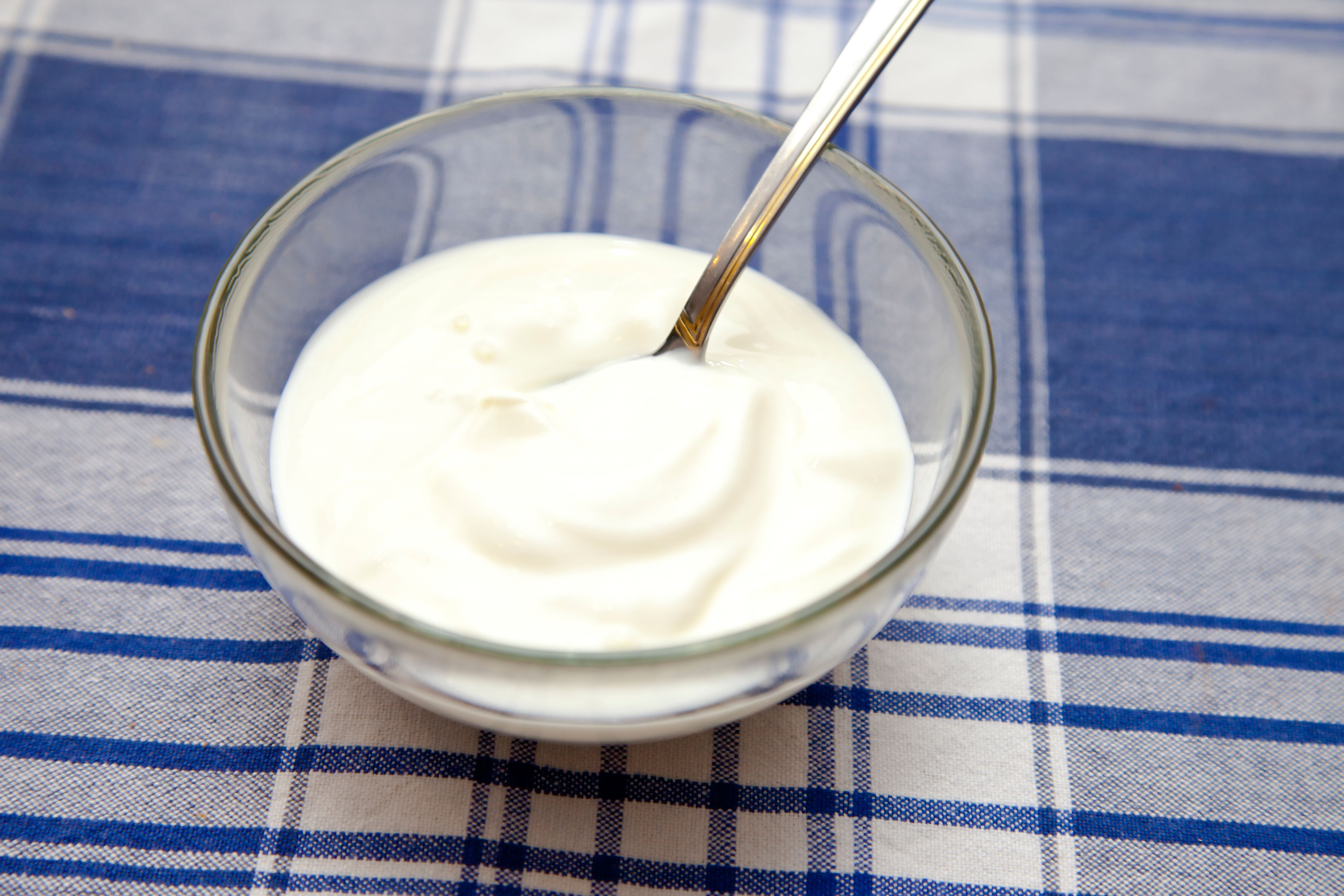
A few spoonfuls of yogurt a day could help keep your muscles and bones strong.
“Yogurt is rich in protein which can help to prevent muscle loss in elderly people,” says Vassiliki Sinopoulou, registered dietitian and lecturer in evidence synthesis at the University of Central Lancashire. “It also provides essential calcium and vitamin B12, which boosts muscle and bone strength and physical performance.
“It also helps to maintain a healthy nervous system and cognitive function. Yogurt’s probiotic effect helps to maintain gut function and a healthy balance in the gut microbiome.”
Dr Carrie Ruxton, a dietitian at the Health and Food Supplements Information Service, agrees and recommends Skyr and Greek yogurts in particular. “They are concentrated sources of protein and also contain calcium which is essential for bone health,” explains Ruxton.
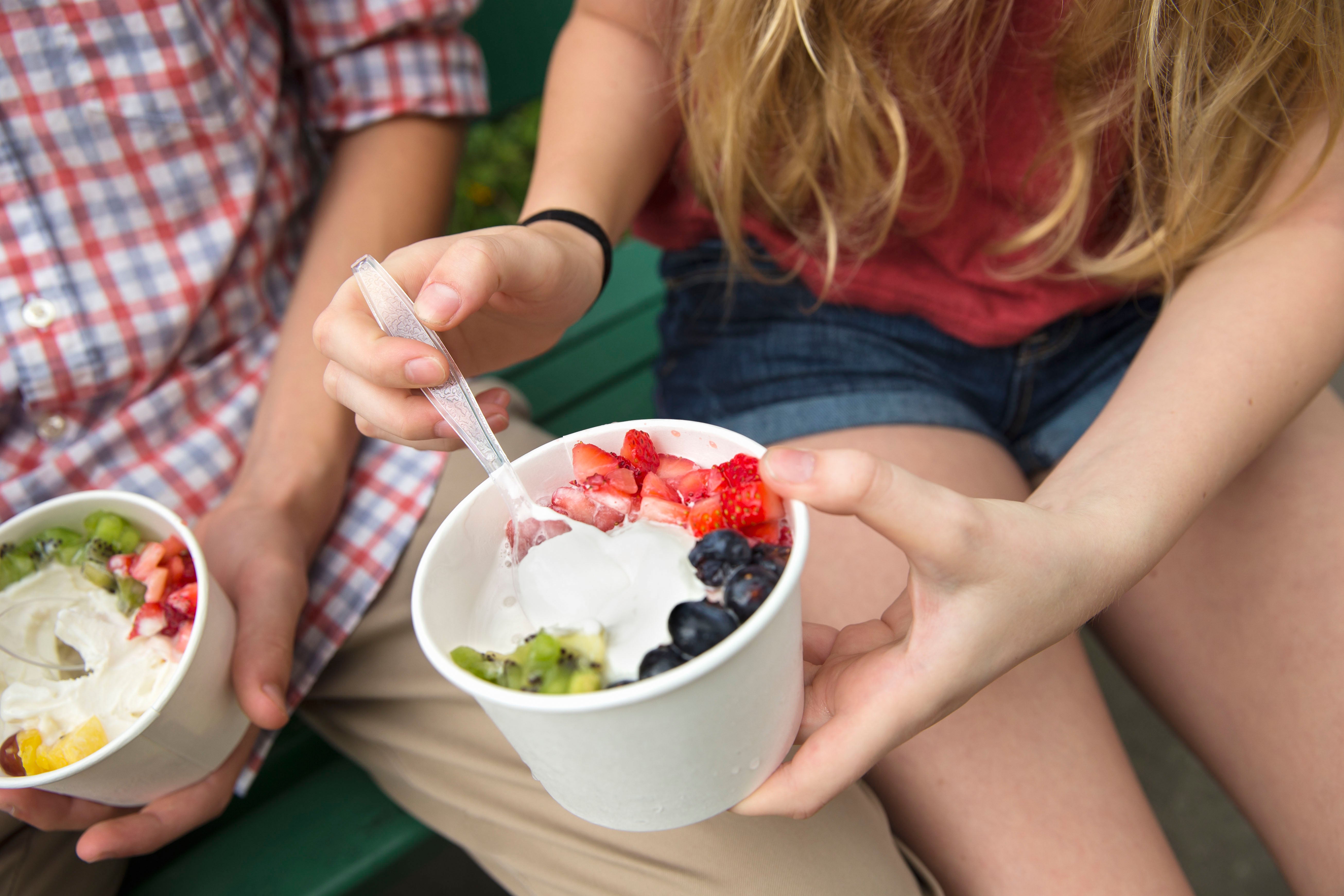
How to serve: “Instead of a high-calorie dessert, try plain yogurt with raspberries, blueberries and a sprinkle of milled flaxseed for a fibre boost,” recommends Ruxton.
Mackerel
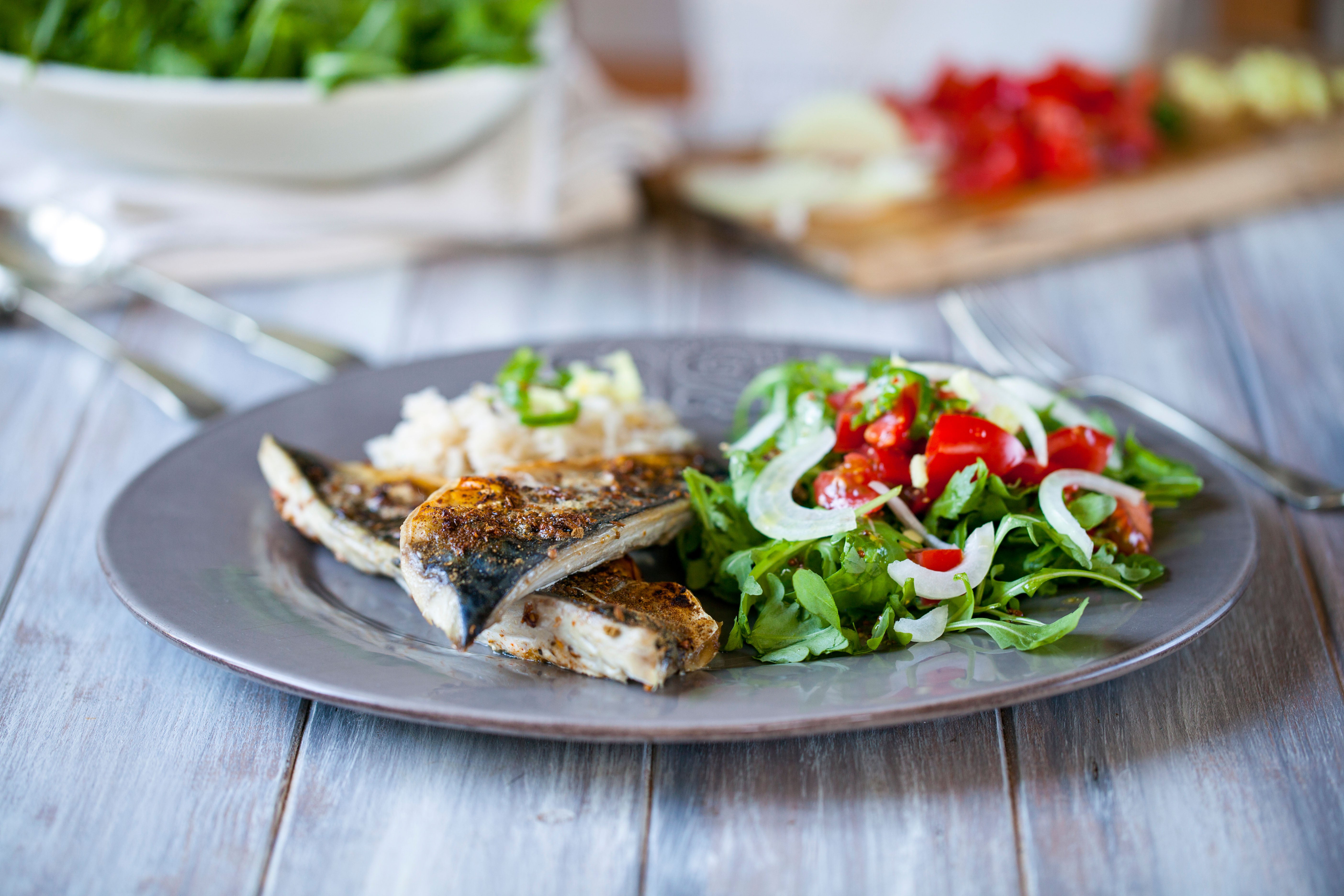
Oily fish like mackerel is great for your bones, heart and brain.
“Around a quarter of Brits are vitamin D deficient, putting their bone health at risk and a survey from HSIS found that almost half of older adults don’t know how much vitamin D they need,” says Ruxton.
“Mackerel and other oily fish are rich in vitamin D and B12 as well as omega-3 fats which support heart and brain health, helping to lower the risk of a stroke or cognitive decline.”
How to serve: “Try a smoked mackerel salad with spinach leaves, avocado and cucumber,” suggests Ruxton.
Oats
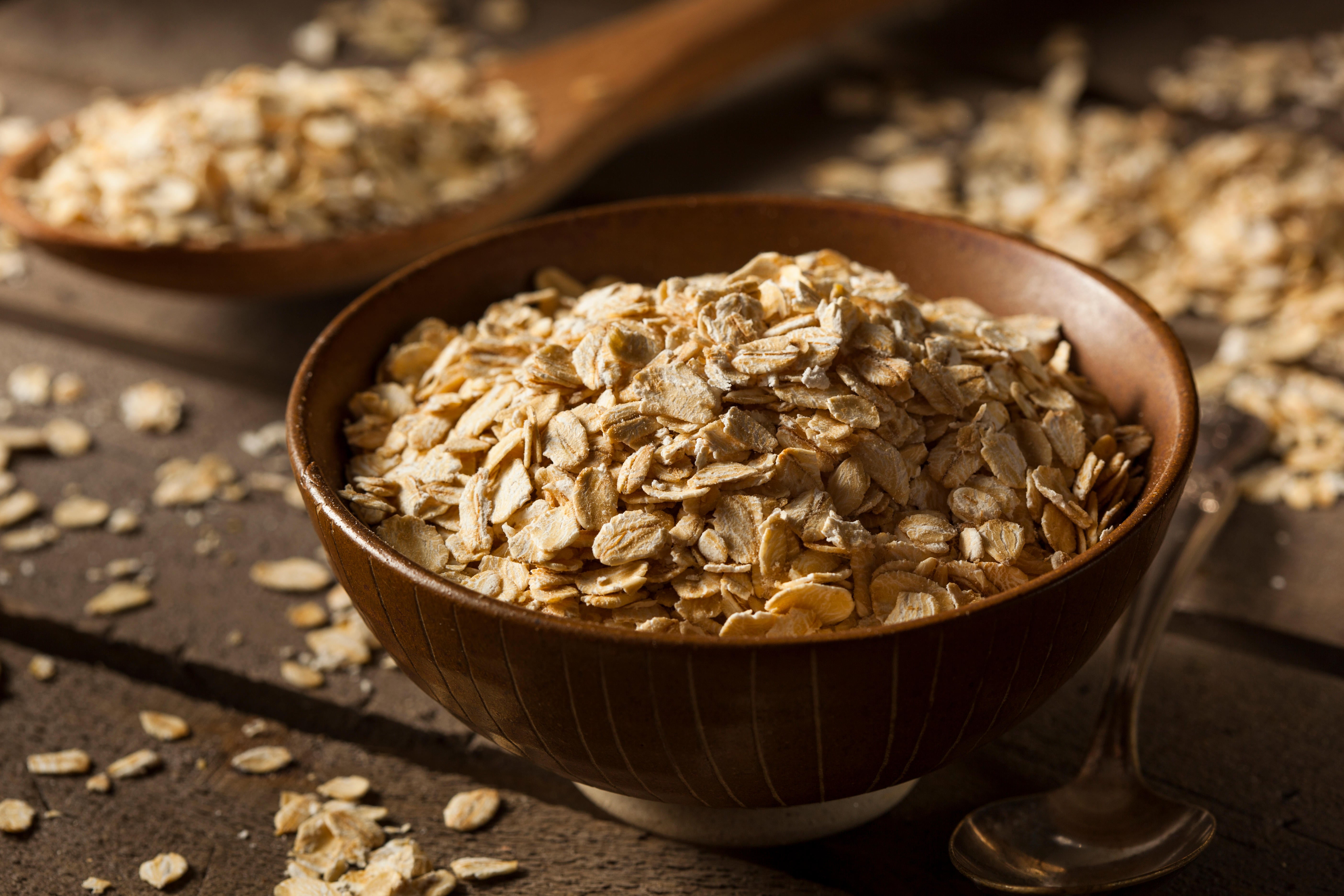
Oats are a great source of fibre can help fuel the brain and satisfy hunger.
“Oats and barley contain a specific fibre, called beta-glucan, which is proven to lower ‘bad’ LDL cholesterol,” explains Ruxton. “Oat fibre can also help prolong satiety – the feeling of fullness after meals. Oats are also rich in B vitamins which support cognitive function.”
How to serve: “Soak oats overnight in apple juice and add a spoon of yogurt and a handful of fruit next morning for a quick breakfast,” recommends Ruxton.
Berries
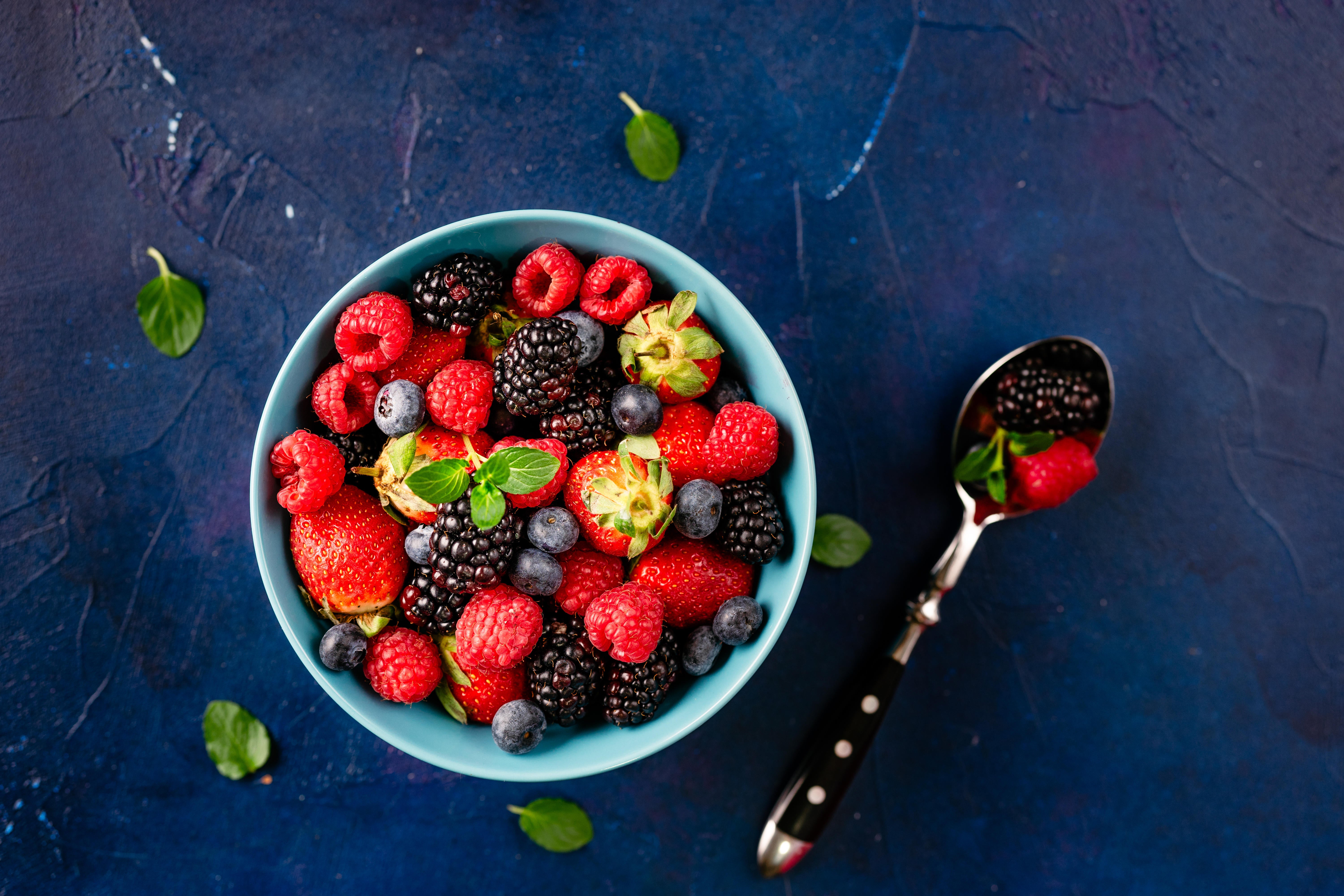
Fresh berries are nutrient-rich and offer a variety of benefits that can support healthy ageing.
“Berries are a good way to lower blood pressure, cholesterol, and blood sugar levels, which many people over 70 struggle with,” says Sinopoulou. “Berries are rich in antioxidants and fibre, supporting brain and gut function as we age.”
How to serve: “They’re versatile too, and can be eaten raw, with yogurt, in sauces and salads, and can even make desserts a little more healthy and delicious,” says Sinopoulou.
Extra virgin olive oil
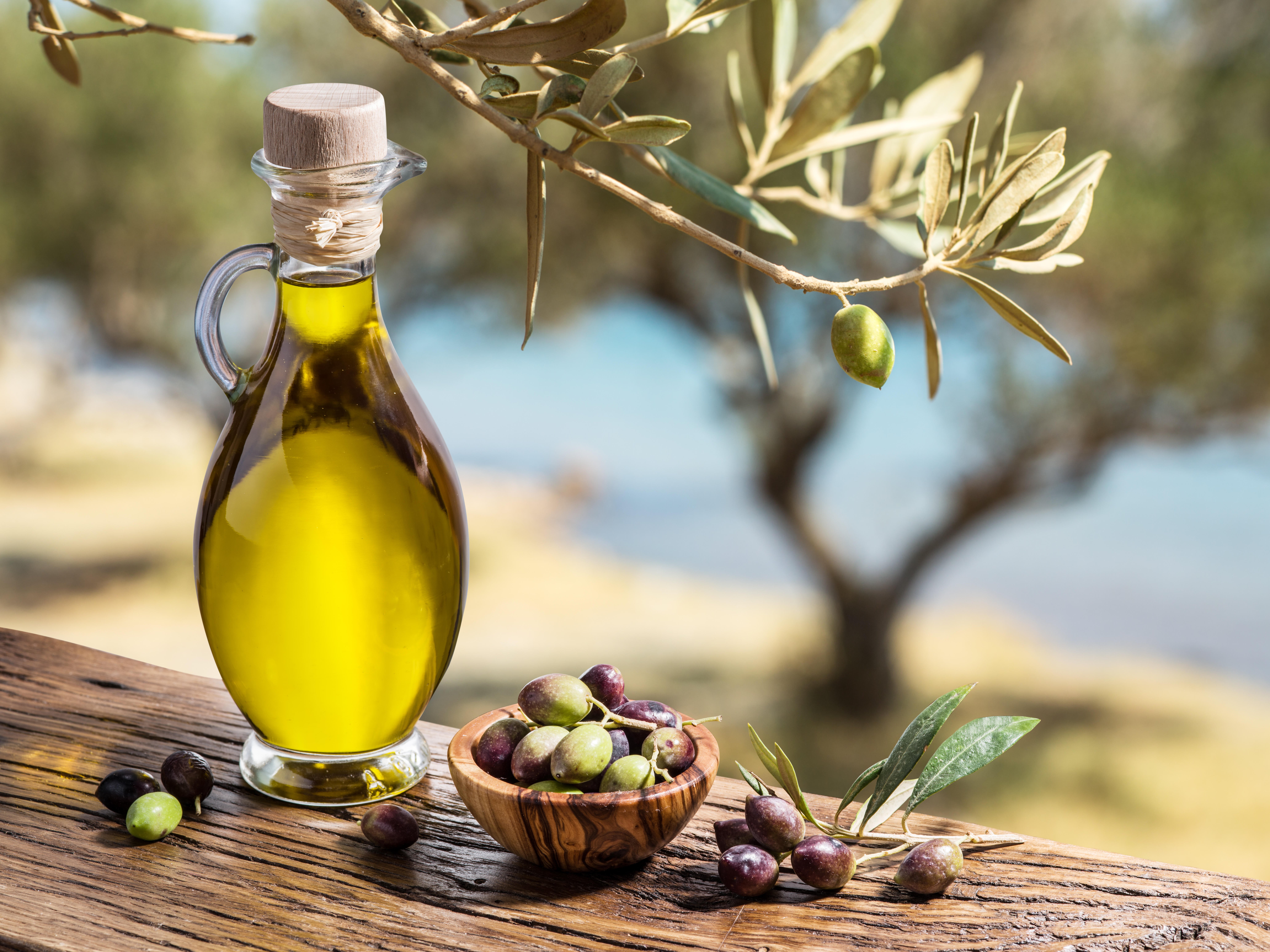
Investing in extra virgin olive oil is worthwhile due to its numerous health benefits and superior flavour.
“Extra virgin olive oil is the most essential part of the Mediterranean diet, due to its anti-inflammatory and anti-oxidant properties,” says Sinopoulou. “Rich in monounsaturated fatty acids and polyphenols, it can defend against chronic disease, cognitive decline and promote bone health.
How to serve: “Heat oxidises extra virgin olive oil, so it’s best consumed raw as a salad topper or dressing base, on soups, or on bread with tomatoes and herbs,” recommends Sinopoulou.
The vegetable that can lower blood pressure in those over 60
Revealed: The vitamins you actually need and where to get them
New walking trend promises major health benefits in little time
Three health risks at buffets – and how to keep yourself safe
Endometriosis affects one in 10 women. These are the signs to look for







